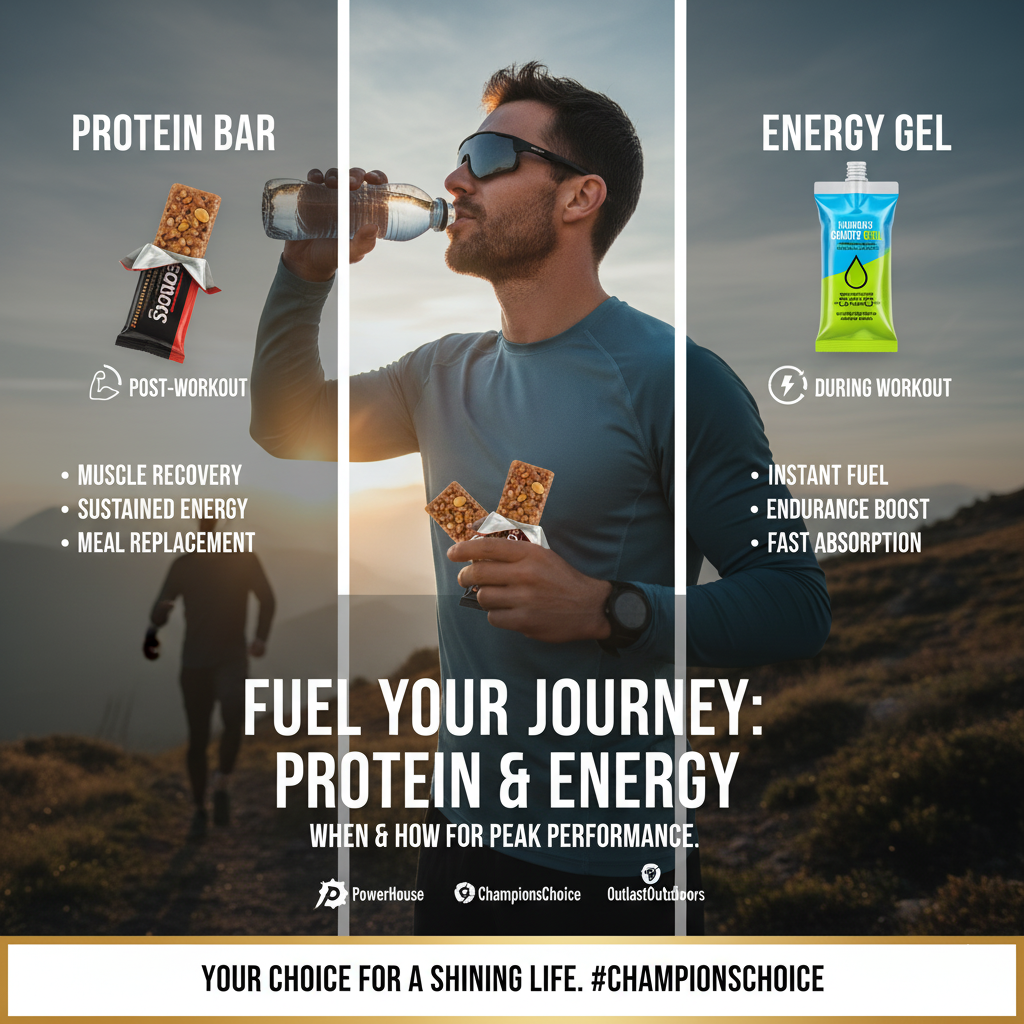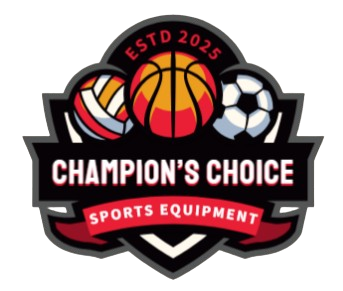
'Protein Bar' & 'Energy Gel' : When and How to Consume for Maximum Effectiveness?
Share
In the world of fitness and outdoor activities, the quest for optimal performance and recovery has led to the widespread adoption of specialized nutrition products like protein bars and energy gels. These convenient and portable options have become staples in the gear of athletes, adventurers, and fitness enthusiasts alike. But with so many choices on the market, it can be challenging to determine when and how to best utilize these supplements for maximum effectiveness.
Understanding Protein Bars
Protein bars are compact, nutrient-dense snacks designed to provide a concentrated source of protein, along with other essential macronutrients and micronutrients. They come in a variety of flavors and formulations, catering to different dietary preferences and activity levels. The primary function of protein bars is to support muscle recovery and growth, as well as to provide a sustained energy boost.
The nutritional composition of protein bars can vary significantly, with some focusing on high-protein content, while others may emphasize a balance of carbohydrates, fats, and other beneficial ingredients. Understanding the specific needs of your activity and fitness goals can help you select the most appropriate protein bar for your needs.
Energy Gels Explained
Energy gels, on the other hand, are designed to provide a quick and easily digestible source of carbohydrates to fuel your body during exercise. These compact, gel-like products are typically consumed during prolonged physical activity, such as endurance sports or high-intensity workouts, to help maintain energy levels and prevent fatigue.
The key ingredients in energy gels are typically simple sugars, such as glucose or maltodextrin, which are rapidly absorbed into the bloodstream to provide an immediate energy boost. Some energy gels may also contain electrolytes, caffeine, or other performance-enhancing compounds to further support athletic performance.
Timing Your Intake
Proper timing is crucial when it comes to consuming protein bars and energy gels for maximum effectiveness. Here's a general guide on when to incorporate these supplements into your routine:
1. Pre-Workout
Consuming a protein bar 30-60 minutes before your workout can help provide a steady supply of energy and amino acids to support muscle performance and endurance. Energy gels, on the other hand, are best consumed just before or during your workout to provide a quick burst of carbohydrates to fuel your activity.
2. During Exercise
For prolonged or high-intensity workouts, sipping on an energy gel every 30-60 minutes can help maintain your energy levels and prevent the onset of fatigue. This is particularly important for endurance activities like running, cycling, or hiking.
3. Post-Workout
After your workout, a protein bar can help kickstart the muscle recovery process by providing a concentrated source of protein and other nutrients. This can be especially beneficial for strength training or high-impact activities.

Choosing the Right Product
When selecting protein bars and energy gels, it's important to consider factors such as your specific activity, dietary needs, and personal preferences. Reading nutrition labels and understanding the composition of these products can help you make an informed decision.
Look for protein bars that align with your macronutrient goals, whether that's a high-protein, low-carb option or a more balanced blend. For energy gels, pay attention to the carbohydrate sources and any additional ingredients like caffeine or electrolytes that may be beneficial for your chosen activity.
Common Mistakes to Avoid
One of the most common mistakes when it comes to protein bars and energy gels is overconsumption. These products are designed to be supplemental, not to replace whole, nutrient-dense foods in your diet. Consuming too many of these products can lead to an imbalance in your overall nutrient intake and potentially cause gastrointestinal discomfort.
Another mistake is using the wrong product at the wrong time. For example, consuming an energy gel before a strength training session may not be as effective as using it during a prolonged endurance activity. Matching the right product to the right activity is crucial for optimal performance and recovery.
Practical Tips and Recommendations
To get the most out of your protein bars and energy gels, consider the following tips:
- Store your products in a cool, dry place to maintain freshness and potency.
- Pair your protein bar or energy gel with adequate hydration, as these supplements can be dehydrating.
- Experiment with different brands and formulations to find the ones that work best for your individual needs and preferences.
- Incorporate protein bars and energy gels as part of a balanced, nutrient-rich diet, not as a replacement for whole foods.
Conclusion
Protein bars and energy gels can be valuable tools in your fitness and outdoor gear, but only when used strategically and in conjunction with a well-rounded nutrition plan. By understanding the purpose and proper timing of these supplements, you can maximize their effectiveness and support your athletic performance and recovery. Remember to listen to your body, experiment with different products, and find the right balance that works best for you.
Keywords : Protein bar, Energy gel, Workout snacks, Energy supplement, Muscle recovery, Outdoor activity gear, Post-workout
Family Sites : Bark&MeowCorner, CozyCat, BarkBoulevard, MiniMiracles, PetalPals, OfficeOrbit, MediLove, LuxeBloom, BeautySecrets, SerenityBeauty, FresFaceBoutique, PowerHouse, ChampionsChoice, OutlastOutdoors
